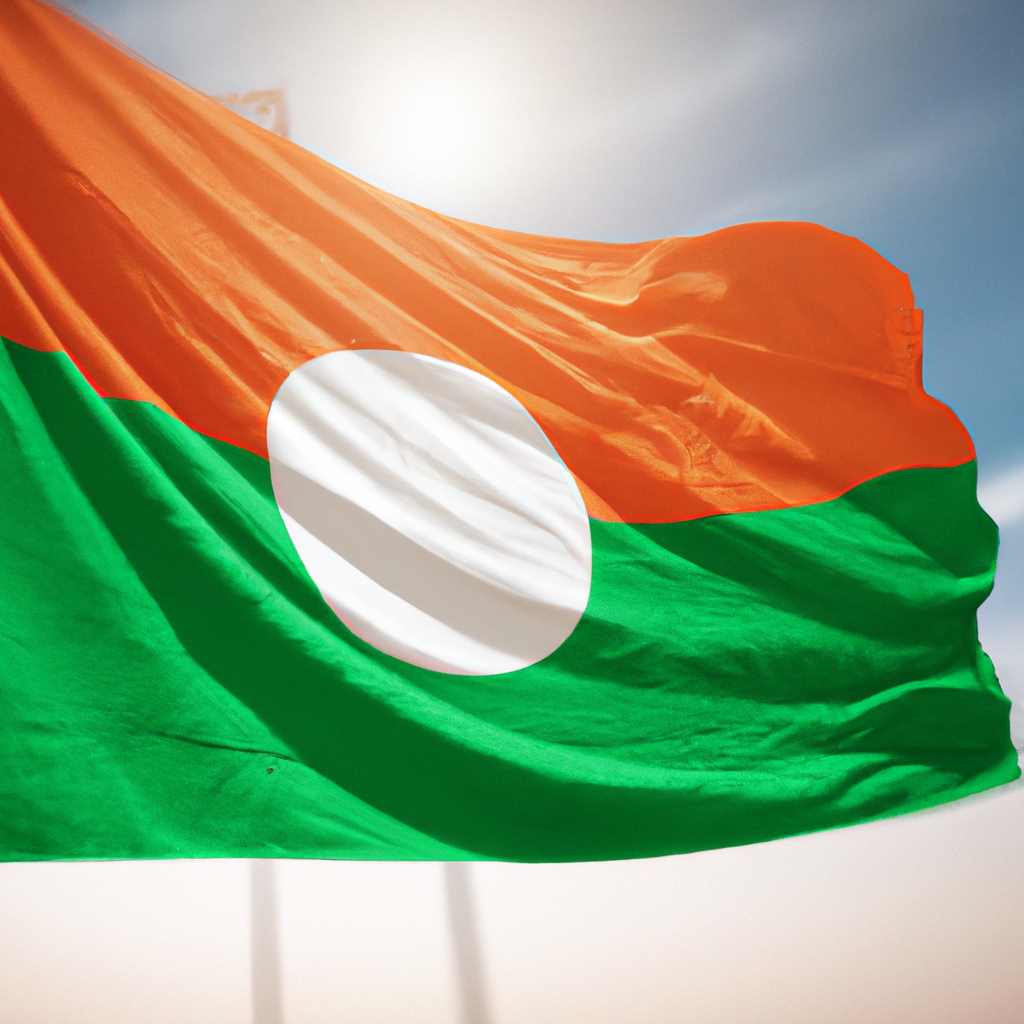In a dramatic shift of regional dynamics, Niger has witnessed significant political and military upheaval less than five months after President Mohamed Bazoum was deposed in a coup. The country’s former colonial ruler, France, has reacted by withdrawing its remaining troops, who were crucial in combating the militant Islamist threat in the West African state.
This decision marks a nadir in Franco-Nigerien relations, underscored by the departure of the French ambassador, Sylvain Itté, at the behest of Niger’s military junta. The European Union (EU) has similarly faced rejection, as the junta, led by Gen Abdourahmane Tchiani, has unilaterally terminated agreements under which EU specialists trained Niger’s security forces for many years.
President Bazoum had considered France an essential military ally, particularly after French and European forces withdrew from Mali in 2022. Bazoum invited these forces to relocate to Niger’s vulnerable western borders, which were plagued by jihadist attacks. However, in the wake of President Emmanuel Macron’s staunch condemnation of the July 26 coup and his support for the detained Bazoum, Niger’s new rulers demanded the French exit.
With most of the 1,500 French troops already gone, the final contingent of 157 is scheduled to leave by the upcoming Saturday. The junta has instead chosen to form a new defensive pact with Mali and Burkina Faso, both of which are also under military control and resisting calls for a swift return to civilian-led democracy.
While France and the EU are being shunned, with Paris often blamed for various regional crises and even accused of backing a 2007 Tuareg separatist rebellion, the United States maintains a significant presence in Niger. The US has not faced the same demands to close its two military bases in the country, where over 600 American troops are stationed, a strategic asset given the proximity of Russian Wagner group mercenaries in Mali.
This shift reflects broader regional sentiments, where Macron, perceived as overbearing, faces widespread resentment among West Africa’s young urban populations, a sentiment not as pronounced for his predecessors. Despite Macron’s focus on West Africa through military, cultural, and developmental initiatives, his efforts have backfired, leading to increased anti-French sentiment.
This sentiment has been exploited by the military leaders in Niger, Burkina Faso, and Mali, who have used anti-French rhetoric to bolster their popularity. As these countries grapple with economic isolation and reduced development and security support, France becomes a convenient scapegoat.
Furthermore, Paris and Brussels have faced repercussions for their support of Ecowas, the West African regional bloc. Ecowas has taken a firm stance against the coup leaders, leveraging trade blockades and the threat of military intervention to pressure for a return to elected government. However, Ecowas itself is often viewed negatively, criticized for its perceived indifference to electoral fraud and constitutional manipulations.
In this polarized environment, the US has adopted a more subdued approach. Delaying the recognition of Niger’s government overthrow, the US eventually suspended most development aid under American law. Unlike France, the US, without a colonial history in West Africa and a less contentious Cold War legacy, has managed to maintain diplomatic engagement with the military regimes.
Recently, US Assistant Secretary of State for African Affairs Molly Phee visited Niamey, urging the junta to engage with Ecowas. Phee offered incentives for progress towards constitutional rule, signaling a phased resumption of US military cooperation and development support.
Despite this, Niger’s regime, feeling in a strong bargaining position, has hinted at alternative alliances, including potential ties with Russia. Moscow, seeking to expand its influence beyond security assistance, has been involved in various humanitarian and developmental initiatives in the region.
As Niger and its neighbors redefine their international alignments, the balancing act between national interests, regional stability, and global geopolitical strategies becomes increasingly intricate and fraught with difficult choices. The recent upheavals and the shifting allegiances highlight the complexity of the region’s politics and the challenges in navigating a path towards stability and prosperity in a rapidly changing global context.






